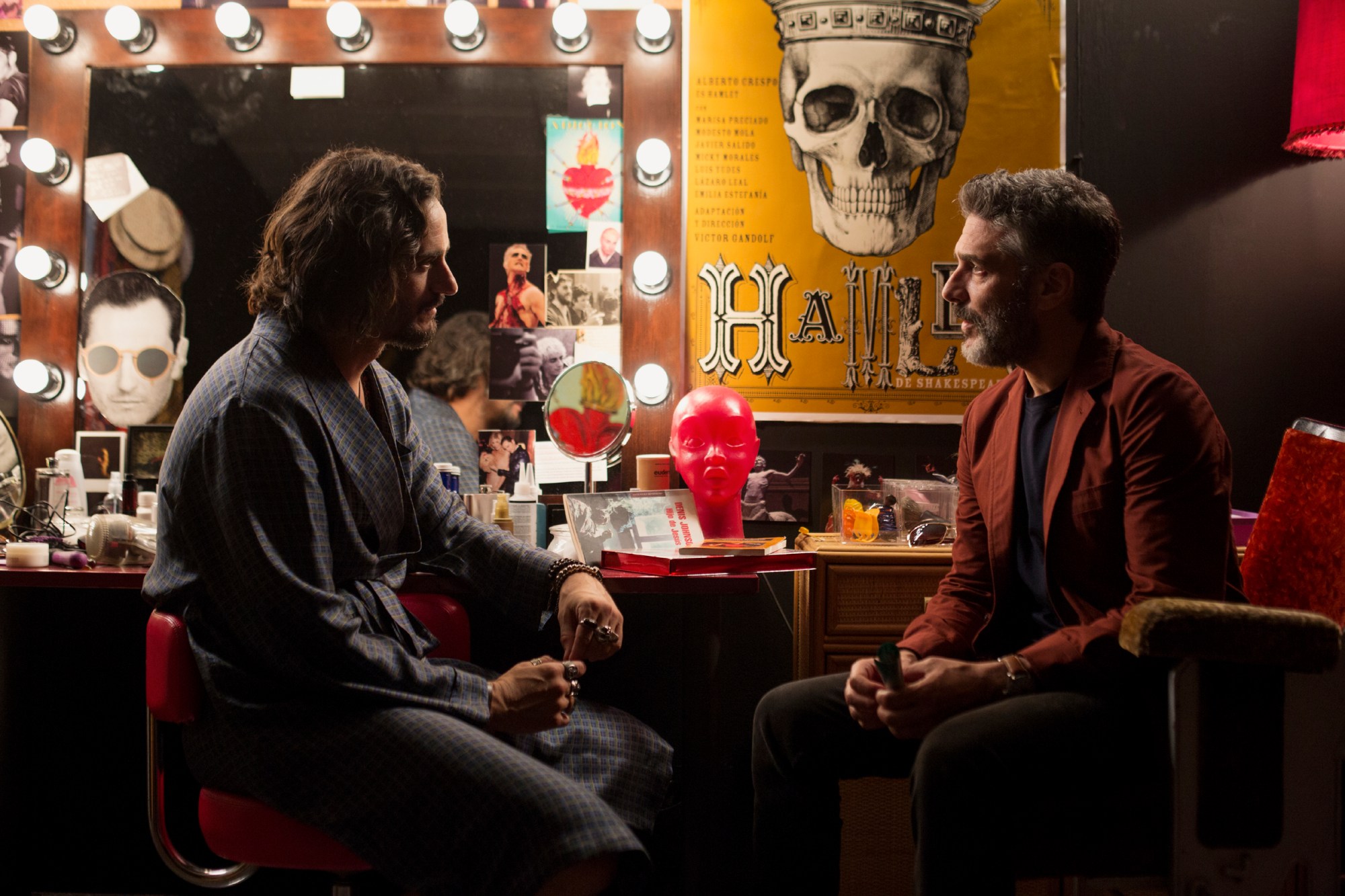
- Festivals
Pain And Glory, Pedro Almodóvar
“Once they adopt you it’s forever,” quipped Pedro Almodóvar during his press conference about the affection shown him by audiences here. “No public is as loyal as the French.”
That Gallic fealty could apply to the Cannes festival as well. Almodóvar has been here six times with a film in competition and he is back this year with his latest Pain and Glory, possibly his most personal film yet. Dolor y gloria also unites, for the first time on the same screen, two of his longest-standing collaborators Antonio Banderas and Penélope Cruz. Cruz has worked with Spain’s pre-eminent auteur six times, Banderas has been in eight Almodóvar films. Most famously being his surrogate in a series of 80s and 90s movies which made the director’s reputation as a major force in Spanish filmmaking.
This time around he is more than ever the director’s alter ego. His hair grayed and spiked up, Banderas plays Salvador Mallo, an aging film director racked by physical pain and a growing despondency over how this prevents him from working on a new movie. He is reclusive but a call from the Spanish Cinematheque to introduce a restored copy of a seminal early success sends him to the doorstep of Alberto, the actor who he has not spoken to in 32 years since the falling-out caused by creative differences on that project. The two friends and antagonists reprise an unlikely bond which soon comprises an excursion into casual drug use. When Alberto visits Mallo in his gilded prison of a Madrid apartment (reportedly faithfully reproduced from Almodóvar’s own home) he discovers a trove of unproduced scripts on his computer. One, in particular, a one-man theater one-act, catches his eye and he begs his old frenemy to let him stage it. When Mallo eventually relents we see that this is the painfully intimate recounting of childhood memories and early work, a creative and sentimental confessional chronicling the coming of age and budding love story with films in a young artist. Flashbacks start to layer and memory travels further into the past, to Mallo/Almodóvar’s childhood in poor, rural postwar Spain, his life in the all-encompassing presence of the mother (Cruz).
Almodóvar intercuts and weaves the seasons of his emotional and artistic life, reflected in his loves and friendships and refracted in his mortality and incipient old age. One of the pleasures of Cannes is to follow artists throughout their careers as they return with different movies as they mature. As much as anything else Dolor y gloria is about that inevitable passage of time, about how lives are marked by love, films, and memory. And about making peace with our beginnings as we countenance our endings.